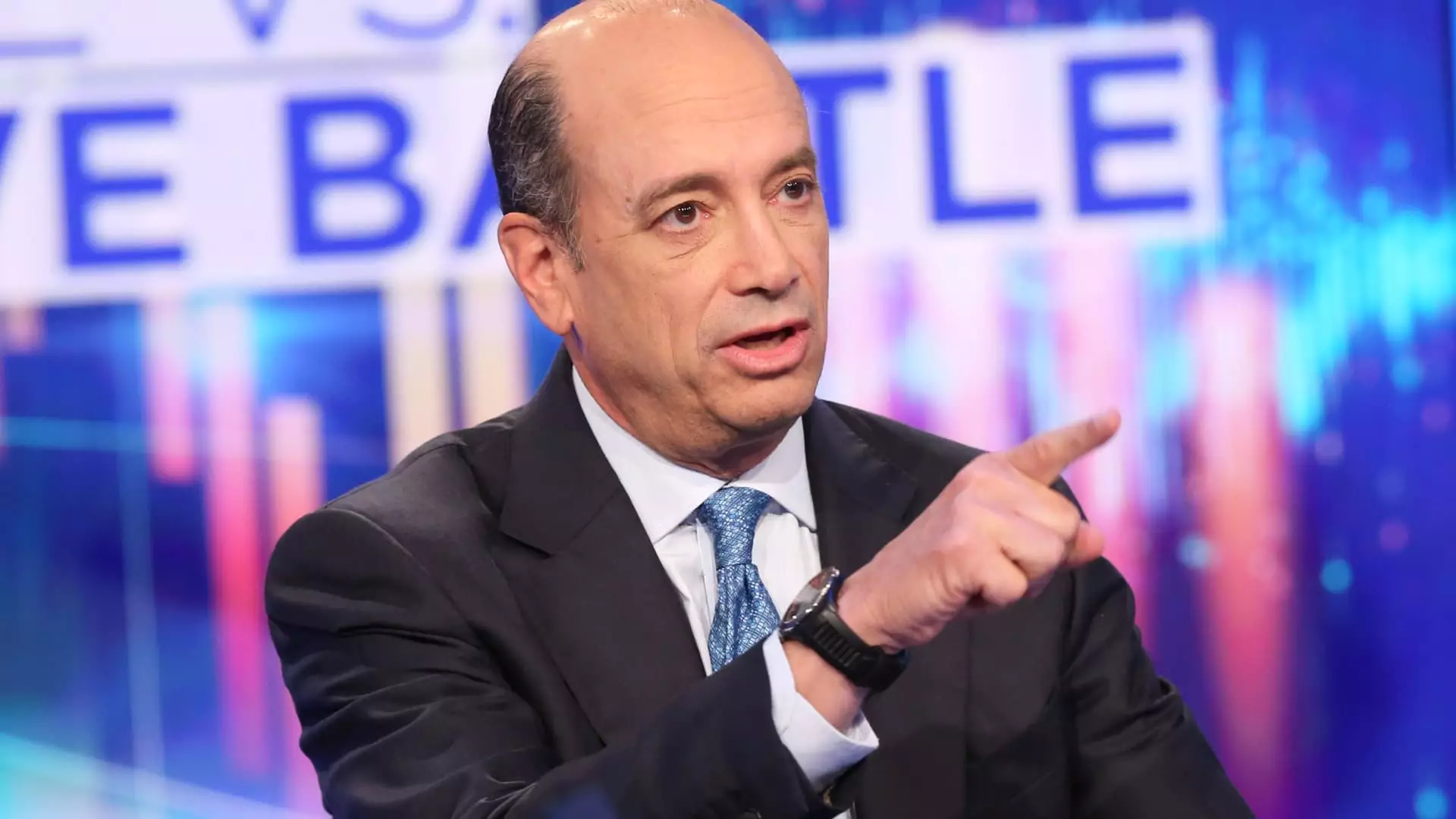In an era where the investment landscape is increasingly dominated by growth stocks, Joel Greenblatt stands as a resilient advocate for value investing, challenging the prevailing narrative that this age-old strategy is outdated or ineffective. As the current head of Gotham Asset Management and a veteran educator in the realm of value investing, Greenblatt’s unique perspective offers a fresh lens through which we can analyze the market. He openly disputes the conventional metrics used to categorize stocks as “value,” emphasizing that price-to-book ratios and similar indicators fail to capture the true essence of a company’s worth. Instead, Greenblatt advocates for a more nuanced approach that prioritizes cash flow – a principle that echoes the methodologies of private equity investing. This disparity between traditional and modern definitions of value highlights the importance of adaptability in investment strategies.
The Underperformance Dilemma
The conversation around value investing often focuses on its staggering underperformance relative to growth stocks, as exemplified by the dismal returns of the Russell 1000 Value Index over the past two decades. Greenblatt doesn’t shy away from this uncomfortable truth; rather, he reframes it. While value investments have lagged behind their growth counterparts—a dramatic rise of nearly 700% for growth stocks against a meager 189% for value stocks—he argues that the tides of market sentiment are fickle. In this regard, he’s vocal about the emotional nature of markets and posits that the current dominance of growth investing might not be a permanent state. By acknowledging the cyclical nature of the stock market, Greenblatt encourages active investors to remain vigilant and disciplined, suggesting that opportunities for discerning value lurk beneath the surface.
Passive Investing’s Role in the Shift
The ascent of passive investing through the widespread adoption of index funds and exchange-traded funds (ETFs) has undeniably changed the dynamics of investment selection. This trend has propelled the value/growth dichotomy further apart, with growth stocks being lustily favored by the hands-off approach adopted by a majority of investors. Greenblatt’s insights shed light on the potentially detrimental effects of passive investing on market efficiency, posing the question of whether the concentration of capital in growth stocks might lead to an inevitable backlash. As more capital flows into passive vehicles, it’s feasible to postulate that opportunities in undervalued stocks will become increasingly apparent to a select group of agile investors who can navigate beyond the herd mentality.
Finding Hidden Gems
According to Greenblatt, the reality for dedicated, disciplined investors remains promising. He expresses his belief that active managers can outperform the market by leveraging their skills to identify hidden gems that others may overlook. Though the prevailing belief is that achieving alpha—returns exceeding the market average—is challenging, Greenblatt insists this is not an insurmountable task for those deeply entrenched in the craft of valuation. It’s a call to action for investors to refine their analytical skill sets and resist the lure of short-term gains offered by growth stocks. This technical proficiency becomes even more pivotal as market conditions evolve, potentially ushering in a renewed interest in the principles of value investing.
The Coming Value Investing Resurgence
Greenblatt’s assertion that the largest stocks significantly outperforming the market is “abnormal” hints at a market recalibration—an impending shift that could herald a resurgence of value investing. If market psychology shifts, and if investors rethink our dependence on growth stocks, early adopters of a return to disciplined valuation techniques stand to gain significantly. This isn’t merely about hope; it’s about the recognition that the investment landscape will always undergo cycles, and those prepared to pivot when market behaviors change can harvest unique rewards.
By articulating a worldview that values cash flow over overly simplistic metrics and emphasizing the power of disciplined investment strategies, Joel Greenblatt champions a framework that could very well lead to a renaissance in value investing. In a world that oscillates between extremes, his insights underscore an essential truth: the allure of value investing may soon reclaim its rightful place in the hearts of discerning investors.

